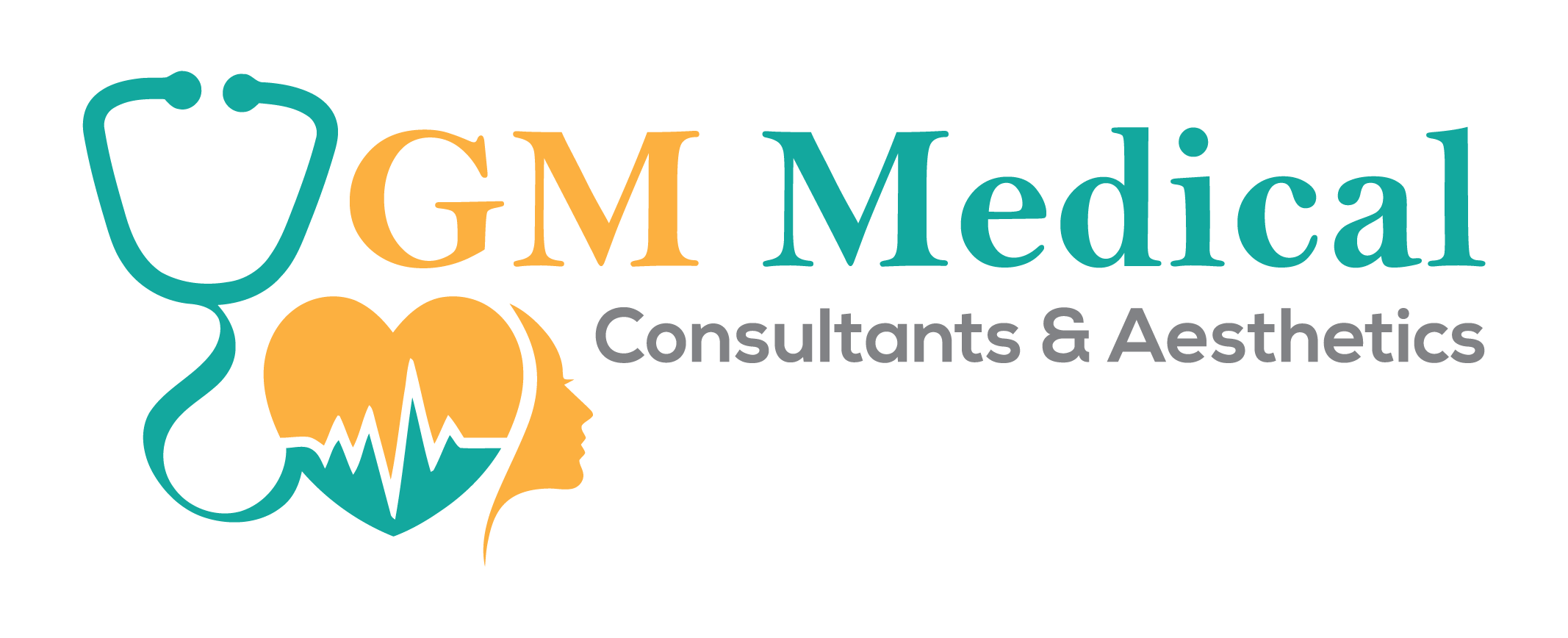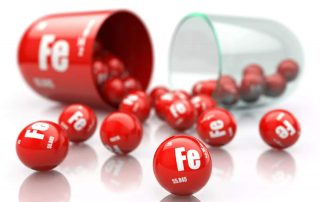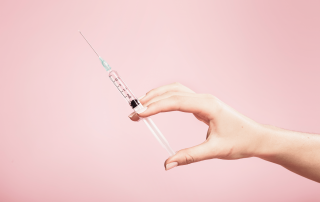DOT DRUG TOX
DOT Drug Text
What is a DOT drug test?
It’s a drug test that’s regulated by the government – specifically, the Department of Transportation (DOT).
In 1991, the U.S. Congress passed the Omnibus Transportation Employee Testing Act when they recognized the need for a drug and alcohol-free transportation industry. The act required DOT agencies to implement drug and alcohol testing of safety-sensitive employees to maintain the safety of the traveling public and workers. The DOT’s drug screening rules and procedures are listed within Title 49 of the Code of Federal Regulations (CFR) Part 40, commonly known as “Part 40.” These rules are published by an office within the DOT: the Office of Drug & Alcohol Policy & Compliance (ODAPC).
DOT agencies and the U.S. Coast Guard write industry-specific regulations that explain who is subject to testing, when, and in what situations. Industry employers implement the regulations that apply to their business.
Who is required to get DOT drug tests?
Anyone designated in DOT regulations as a “safety-sensitive” employee is subject to DOT drug and alcohol testing. A safety-sensitive employee is someone who holds a job that can impact both their own safety and the safety of the public.
These are some of the DOT departments with safety-sensitive positions:
- Federal Aviation Administration: Flight crews, flight attendants, aircraft dispatchers, ground security coordinators, etc.
- Federal Motor Carrier Safety Administration: Commercial Driver’s License (CDL) holders who operate Commercial Motor Vehicles (CMVs), vehicles that carry 16 passengers or more (including the driver), or vehicles that transport hazardous materials and are required to display a DOT placard.
- U.S. Coast Guard: Crew members operating a commercial vessel.
- Pipeline and Hazardous Materials Safety Administration: Operations, maintenance, and emergency response workers.
- Federal Railroad Administration: Hours of Service Act personnel, engine & train workers, signal service workers, or train dispatchers.
- Federal Transit Administration: Vehicle operators, controllers, mechanics, and armed security.
What do DOT drug tests test for?
All DOT drug tests use the same 5-panel test. It tests for:
- Marijuana metabolites/THC
- Cocaine metabolites
- Amphetamines (including methamphetamine, MDMA)
- Opioids* (including codeine, heroin (6-AM), morphine, hydrocodone, oxycodone, hydromorphone, and oxymorphone)
- Phencyclidine (PCP)
Although there are several options for drug tests, DOT regulated drug tests must use urine samples.
When are safety-sensitive employees required to get DOT drug tests?
DOT drug tests are required in the following situations:
Pre-employment, or before you start your job responsibilities.
Reasonable suspicion/cause, or if one or more trained supervisors reasonably believes/suspects that you are under the influence of drugs. This must be based on observations concerning appearance, behavior, speech, smell, etc.
Random testing. Random tests must use a truly random selection process – each employee must have an equal chance to be selected and tested. These are completed quarterly.
Return-to-duty testing, which is required after a violation of drug and alcohol rules. You can’t return to any DOT job before being tested and may be subject to unannounced testing at least 6 times in first 12 months. These tests must be conducted under direct observation.
Follow-up testing that takes place after return-to-duty. A Substance Abuse Professional (SAP) manages the follow-up testing for up to 5 years, determining how many times an employee is tested, and for what substance. These are completed in addition to other DOT required testing.
Post-accident testing. This is required if you’re involved in an accident meeting certain DOT criteria. An alcohol test must occur within 8 hours of the accident, and a drug test within 32 hours.
What happens if I fail my DOT drug test?
If you fail your DOT regulated drug test, DOT regulations require your employer to immediately remove you from performing any DOT safety-sensitive job. There may be other consequences, too, like losing your certification or license. This depends on your company’s policy or employment agreement.





